Robert Redford Conservancy for Southern California Sustainability » Affiliated Professors
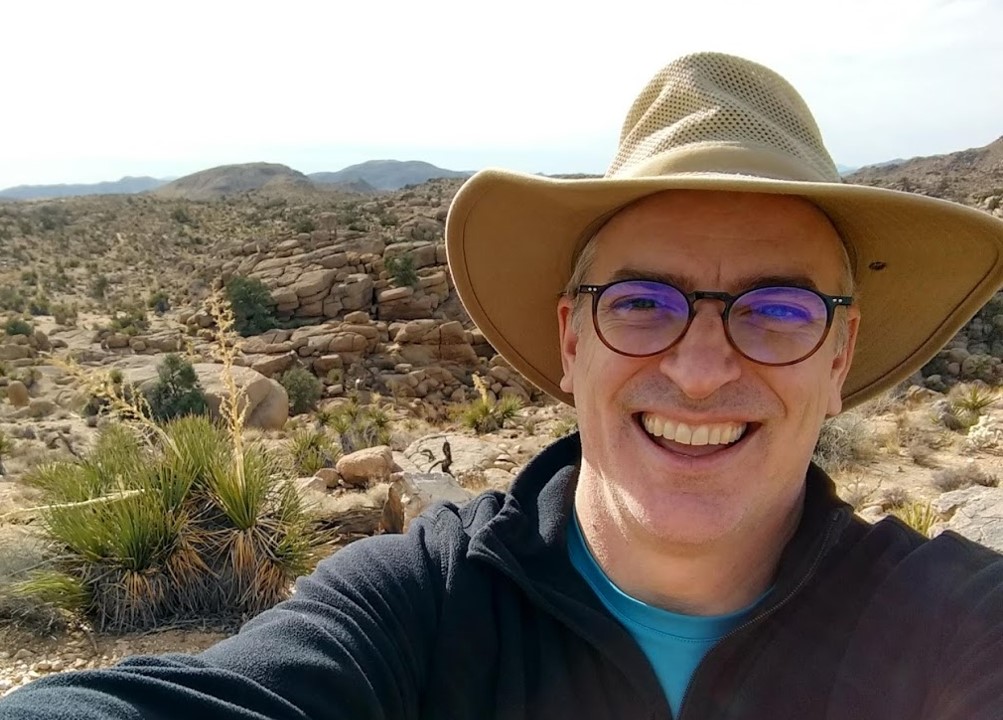
Environmental Data Visualization
Mike McCarthy is an Adjunct Professor of Environmental Analysis at Pitzer College, where he teaches environmental data visualization. Vice-chair of Riverside Neighbors Opposing Warehouses, he has 25 years of experience as an atmospheric scientist, 20 years of experience as an environmental consultant, and a little over a year of experience as a community activist and professor. McCarthy’s atmospheric science expertise includes near-road pollution gradients, health-risk assessments, spatio-temporal variability, source apportionment, emissions characterization, climate change, air toxics, and isotopic compositions. He typically applies statistical analysis and geospatial visualization methods to quantify and characterize air quality issues and develops custom applications for the display and visualization of large and complex datasets. He is the creator of Warehouse CITY, an online tool for measuring warehouse cumulative impacts in Southern California.
Geographic Information Systems
David Robinson is the Director of Analytic Services at the Coachella Valley Economic Partnership based in Palm Springs. Since joining in 2014, David created CVEP’s Geographic Information System (GIS) program and helped guide CVEP into a data-driven force for regional economic development in the Greater Palm Springs Region. Having first completed a combined Master of Architecture and Landscape Architecture degree, David worked in those fields for over 20 years, concentrating on sustainable architecture and native-planting landscape design. In 2008 he received his Master in Geographic Information Science from the University of Redlands. Since graduating, he has worked for the Redlands Institute, taught graduate and undergraduate courses in GIS, and has embraced his passion as a GIS evangelist. He is in his third year of teaching Intro to Mapping for the Environmental Analysis field group at Pitzer College.
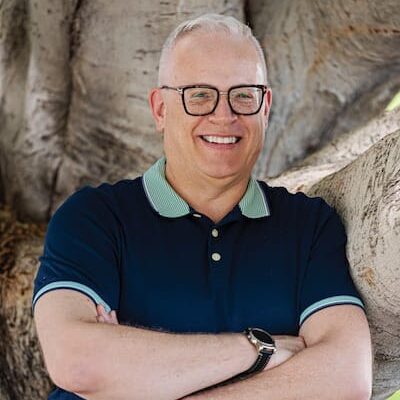
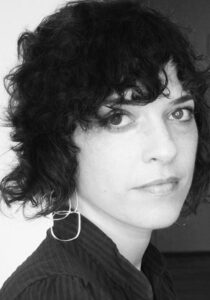
Eco documentaries
Ruti Talmor is an anthropologist with training in film production, media, art, and globalization. She previously served as the Mellon Research Fellow at the Humanities Center and as a visiting assistant professor of anthropology at Haverford College. Drawing on her training in anthropology and her background in art and documentary film, Talmor’s research, production, and pedagogy combine visual, oral, and archival history with ethnographic methodologies.
Eco Poetry
Brent Armendinger studied at Bard College and the University of Michigan, where he received an Avery Hopwood Award in Poetry. He is the author of Street Gloss (The Operating System, 2019) and The Ghost in Us Was Multiplying (Noemi Press, 2015), both of which were finalists for the California Book Award in Poetry. Brent is also the author of two chapbooks, Undetectable (New Michigan Press, 2009) and Archipelago (Noemi Press, 2009). His poems and translations have appeared in many journals, including Anomaly, Asymptote, Aufgabe, Bennington Review, Bloom, Colorado Review, Denver Quarterly, Georgia Review, Ghost Proposal, Hayden’s Ferry Review, Interim, LIT, Puerto del Sol, Tinfish, Volt, and Web Conjunctions. He has been awarded residencies and fellowships at Willapa Bay AiR, Mineral School, Blue Mountain Center, Headlands Center for the Arts, and the Community of Writers. Brent teaches creative writing at Pitzer College.
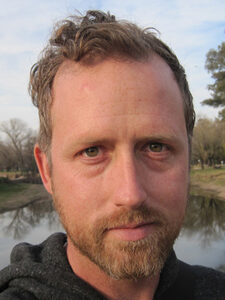
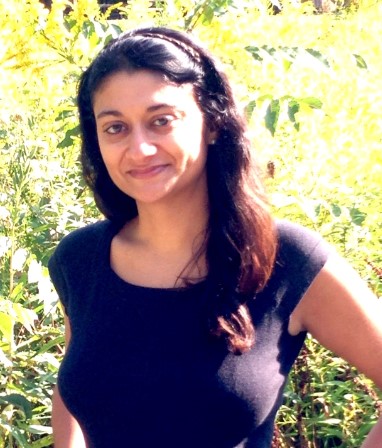
History of Health and Environment
Urmi Willoughby focuses on disease and ecology in North America, with a focus on the Mississippi Valley, Gulf South, and Caribbean region. She approaches histories of disease and medicine from a global and ecological perspective, and draws connections between the southern United States, the colonial Atlantic, and South Asia. She has held fellowships at Colby College, the University of Pittsburgh’s World History Center, and was the 2019-2020 Molina Fellow in the History of Medicine and Allied Sciences at the Huntington Library. Her first book, Yellow Fever, Race, and Ecology in Nineteenth-Century New Orleans, was published in Louisiana University Press’s series on “The Natural World of the Gulf South.” It was awarded the 2017 Williams prize for best book in Louisiana history. Her current project, titled Cultivating Malaria: The Historical Ecology of Fever in Early America, is an environmental and cultural history of malaria in eighteenth and nineteenth centuries.